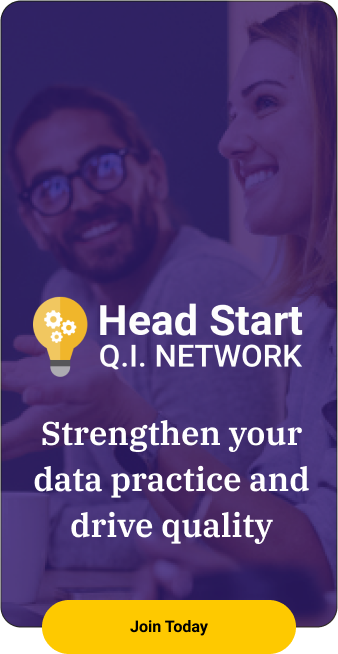The survey found that while most programs were forced to close their doors, staff continued to provide services, often in creative ways, and moved quickly to meet basic needs, stay connected and provide distance learning. Nearly 20% of Head Start programs — representing every region of the country — participated in the survey.
Most programs (93%) reported that teachers and family support staff have been in touch with at least half of their enrolled families since centers closed. Nearly 60% report that they’ve been in contact with all or nearly all of their families. Programs are using a combination of calling, texting and in 17% of cases, in-person (socially distant) teacher visits. Home visiting programs have continued with little interruption, with continuing weekly sessions in the significant majority (over 75%) of cases, now conducted by phone or online.
According to Rick Mockler, Principal at Early Intel, “The findings demonstrate a remarkable commitment by local program leaders and staff, who have found ways to connect with families and maintain caregiver relationships in the midst of daunting challenges.”
Eighty percent of programs reported that they have applied for quality improvement funds and a majority of programs requested funding to run a supplemental summer program. Most programs (64%) indicated that they are proceeding with recruitment as normal or with slight changes, while 36% reported major delays or changes in recruitment.
The report also addresses how technology is being used and its challenges, as well as the role of family trauma in responding to Covid-19.
Early Intel: Training, Analytics, Learning Community
Early Intel is a training and consulting firm that supports Head Start programs on data and quality improvement. In July it will host the Early Childhood Data and Quality Institute, a virtual data boot camp led by Harvard’s Zaentz Early Ed Initiative, and later this year will launch new cohorts for its Quality Improvement Network.
The Q.I. Network is an analytics based learning community, supported by interactive dashboards, benchmarking, training and coaching, where programs design and implement internal quality improvement projects aligned with federal Performance Standards.


